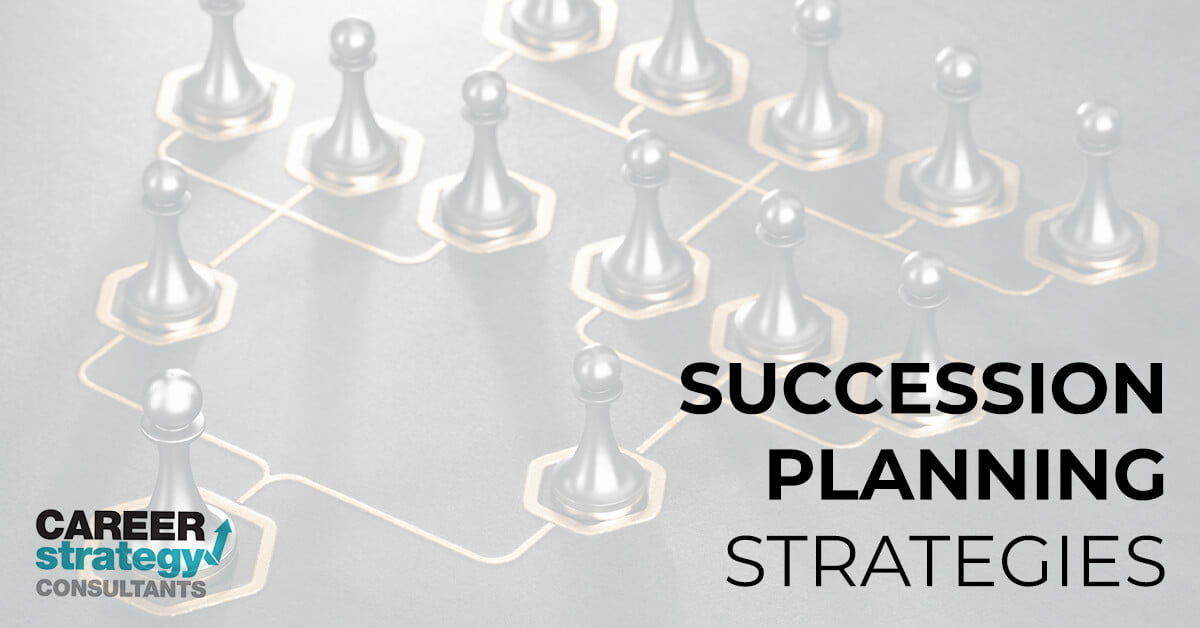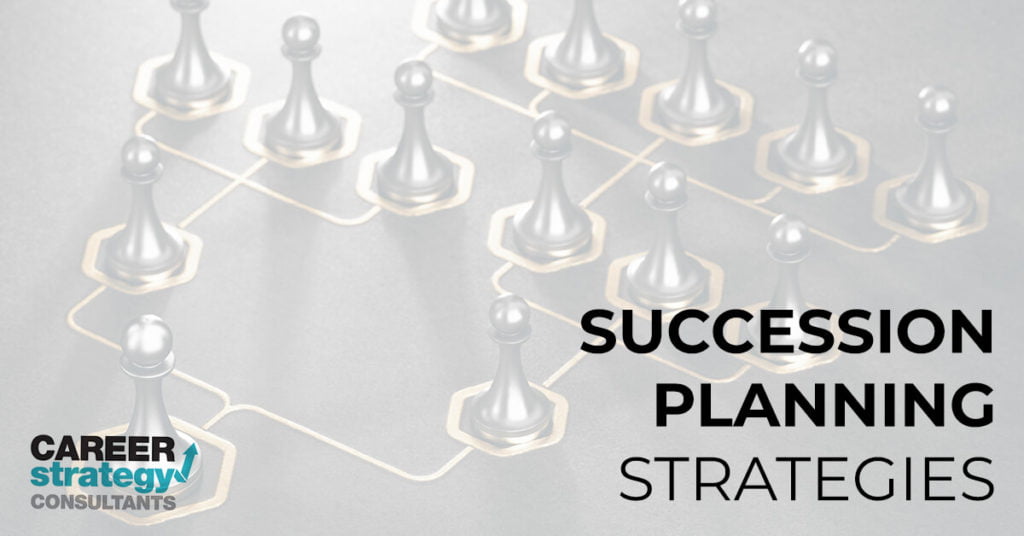Succession Planning Strategies


Succession planning is an important part of running a business. In order for a business to remain successful, it is necessary to prepare for the future in terms of who will take over and how succession planning can be achieved.
Building on the information from this article, there are many different ways succession planning can be completed – by choosing one person as your heir, creating rules or guidelines with which to appoint successors, including non-employees as heirs, or appointing heirs with specific responsibilities. You may put together your own personal strategy based on your goals and needs.
This article will introduce you to the different types of succession planning and then discuss the different ways that this process can be put together.
Types Of Succession Planning
There are two basic types of succession planning: legal and informal. The difference between these two is that in a legal succession plan, there would be a written document outlining what is to follow and when it will occur. In an informal succession plan, this document would not exist. Instead, the company can choose who will be the heir based on their performance as well as their personality traits or opinions of who should succeed them.
Legal and Informal Succession Planning
Legal
Described in a written document, this method is the most traditional option. The document would outline the process, timelines, qualifications, and responsibilities of the chosen heir. You would then have someone transfer all authority over to this person immediately or at a specific time. This type of succession planning may be presented as a death plan, a will, or a life insurance policy. The time frame in which you can execute this type of succession planning depends on the company’s needs, stability, and feasibility. It is important that you take your time to examine all possible options before moving forward with your plan if you choose to use this method for succession planning. [As an example, many dynastic businesses begin in one generation and then pass over the management to the future heirs of that generation.]
Informal
This type of succession planning is established by a company’s decision and usually does not include a written document or agreement. It serves to inform peers or employees of candidates who would be qualified to succeed them. A well-established succession plan often includes how the heir will be introduced, followed by brief introductions of their skills and abilities as well as areas they feel they can contribute most to the business. This type of succession planning focuses on building relationships with employees and candidates through these short introductions before deciding who you wish to promote.
Succession Planning: Decide Which Method Works Best For You
Considering the different types of succession planning, you may want to keep a few factors in mind when finding the right person. First, it is important to consider your available options and make sure they are realistic ones. It is also essential that you do not jump into any type of succession planning without having a plan in place first because the main goal of this process is to ensure you have taken steps toward keeping your business viable, consistent, and strong for future generations.
Developing an heir’s skills and capabilities can be achieved through this process but only if there is support from those who will work with them if they are chosen to succeed in their current role. It is important that the heir knows what they are getting into before they accept the position because it can be one of the most stressful parts of succession planning.
When you decide to build a succession plan, it is important that you build a team of people who will help make this process efficient and effective. It is also important that you maintain confidentiality in your decision-making as well as ensuring everyone who will be involved in this process has a good understanding of how to approach their role.
As you put together your succession planning team, keep in mind:
Who does the company have that would make an excellent heir? (this may or may not include family members. Are there certain candidates that you would choose if your heir were not a member of the family? Is your heir the best choice for succession planning?)
Who within your company could be a mentor to a good candidate?
What traits do you have that would make you an effective successor? (attributes like honesty, dependability, communication skills, and organizational skills are some examples.)
How can you take this person under your wing and show them what it is like to run a successful business? (make sure everyone is on board with this idea before starting the process.) [This may include showing them how to work through processes to improve efficiency and focus their efforts. Also make sure they know how to take over office responsibilities that are related to those of the heir.]
This person will be dealing with the media and potential investors, who do you want to be their spokesperson? (will you need their assistance in this aspect or will you leave this situation up to them?)
What are some of your goals for your heir? Are these goals realistic? Will these goals remain realistic as the company grows and changes?

As you compile a list of candidates who would make good successors, keep in mind that this is a process that should evolve as your business continues. The heir should be able to contribute to the business in a healthy way as it continues to grow, but they must never overshadow the current owners. By taking a more active role within the company instead of being completely passive, the heir will be able to bring his or her skills and abilities back into full focus instead of becoming overwhelmed by running a business.
It can take some time for your succession planning process to get off on the right foot, so make sure you are patient when establishing this one. Pay careful attention and be sure that every person who contacts you agrees with this idea so that you do not run into problems as soon as you begin your process. Remember that there are a number of successful business owners who have not chosen heirs and have continued to run their businesses successfully for many years. [It is important to remember that there can be a myriad of factors involved in achieving success in any business, but one of the most important things is finding the right strategies and processes to guide your decisions. It is also important that your succession planning process increases your chances of making sound decisions throughout your company’s existence.]
Being rational and being sure to cover each step in your succession planning process will help your business grow in a way that is both healthy and effective. Just remember that knowing what to do makes it more likely that you will make the right choices when it comes time for your company’s next big decision.
How Succession Planning Can Help Your Business
As a business grows, it is easy to become disorganized and lack the consistency that will help your company thrive. In order to keep your organization in a healthy state, you must come up with an organizational system that is effective and efficient. So how can you do this? One way would be by choosing a succession plan. Succession plans are designed to help owners of companies manage their businesses during the passing of their time or when they quit their company. Succession planning helps businesses remain consistent in their goals and visions for the future, creating harmony between family members or those who are passing on the ownership of their business.
Anyone who has watched their parent or grandparent’s business grow and ultimately pass down to them can attest that businesses do not typically continue to thrive in the hands of the same individuals for many years. If a small business is no longer worth pursuing, it is only logical that the owner would want to sell it or hand it over to another person; after all, this would be the best way for the company to continue growing. Because most owners do not have a complete understanding of how their company is run on an everyday basis, they may overlook certain processes and procedures needed in order to keep this part of their organization running smoothly while they are still working in order to maintain continuity.

If instead of continuing to run it themselves, the owner is able to hand it down to someone else in a way that is beneficial to both parties, both of these individuals will be able to benefit from the ownership of the company. This can take place at any time, whether it is in order to pass the business on in a very short time frame or maybe because they are looking forward to moving on and pursuing other interests. This transition can be made successful if decisions are made beforehand with all parties involved and procedures are outlined that will ensure that everyone can move forward without any problems. If a succession plan runs smoothly, all parties involved will be able to maintain their vision for the company’s future as well as their goals and aspirations for themselves.
If you need help with succession planning or would like more information on how a concrete plan can benefit your business, consider contacting Career Strategy Consultants for further assistance.

More Than Just Staffing
For Employers
For Individuals
